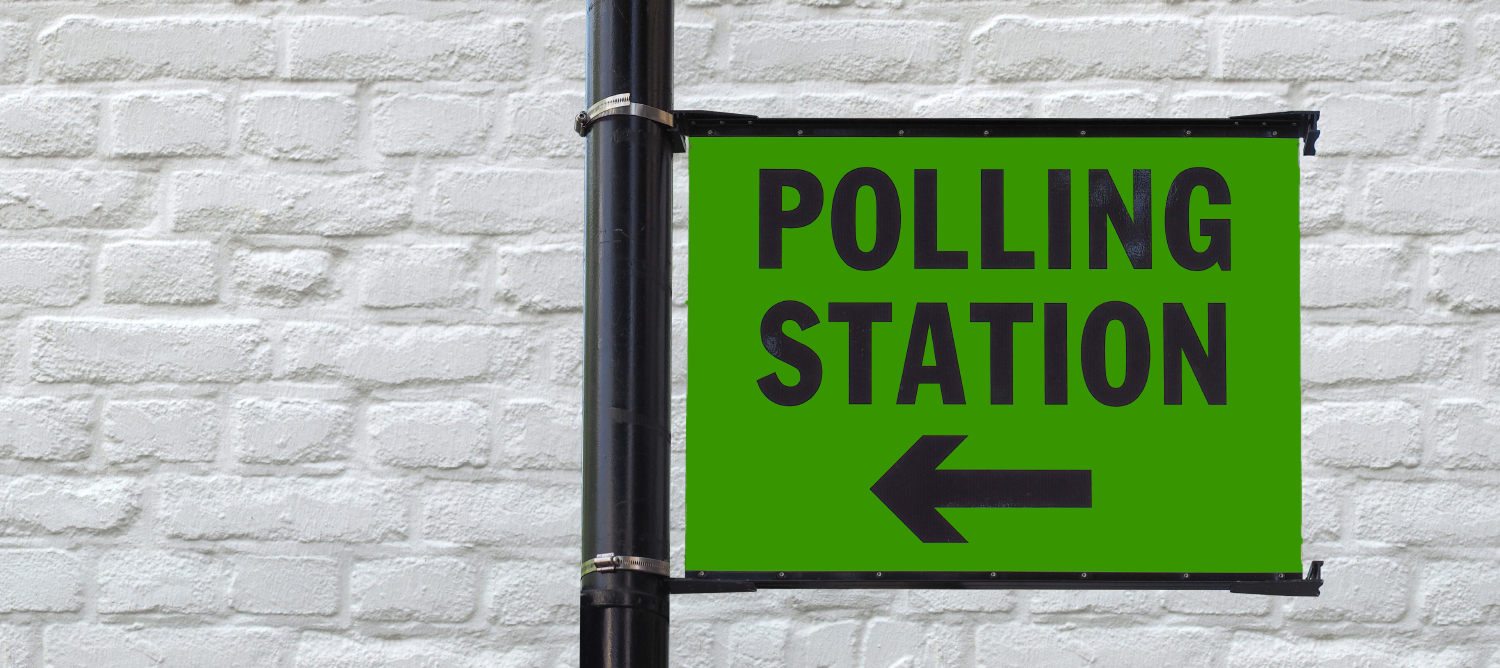Local elections: Understanding how British voters speak

Elections are a crucial element of democracy. They enable us to have our say on important matters, whether that be at a national or regional level.
On 6th May, 2021, a series of local elections will take place across the UK, including polls that determine local councils, police commissioners, mayors and London Assembly Members. However, despite the importance of local elections, polls highlight that 70% of the public don’t vote on who leads their local community. Beyond statistics, what are voters really saying?
After the results of the Brexit referendum, a sudden and very obvious realisation surfaced that a political “London-bubble” exists. What we mean is, the political opinions and beliefs of people living in the capital city can overshadow the general consensus, sometimes distorting what a whole country is actually feeling.
As people in London are often thought of as being preoccupied with national affairs and politics, we wondered if this is reflected in how they speak about local elections.
To do so, we undertook some social listening market research using Relative Insight. First, we collected UK-based Twitter conversations around the key phrase “local elections” over the past two weeks. We then uploaded this language data into Relative Insight’s text analysis platform. Using the split functionality, we divided the data by location and compared the discourse of Londoners against the rest of the UK to understand how people are really feeling about the elections.
Londoners
Despite local elections usually rendering a low turn-out, Londoners are infinitely more likely to express how crucial voting is. Londoners view local elections as a chance to reinforce change and make an impact. Our social media analysis also found that Londoners are 4x more likely to discuss the poll ratings and results. Even at a local level, Londoners clearly want to remain informed at all stages of the electoral process.

When speaking about local elections, we also found that Londoners are 3.7x more likely to talk about political corruption. Londoners use negative words such as incompetent, stupid, and corrupt to call out the Conservative party in particular. However, Labour didn’t escape unscathed either. Twitter users in London discussed Labour’s attacks on “Tory sleaze” as a weak attempt to cut their poll lead. Despite political affiliations, it seems that Londoners have evenly criticised the two main parties in the run up to local elections.

Londoners adopt a socialist stance on Twitter. They are twice as likely to call for real people to be in positions of leadership. Some Londoners on Twitter even expressed the feeling that the current government hasn’t done much for the working class, a phrase that was completely unique to this demographic. This is an important insight as it highlights how class distinctions can still determine political voting and electoral outcomes.

The rest of the UK
A key recurring theme throughout our social analysis was that Londoners speak generically about both leading political parties, rather than individual local candidates running for Mayor or the London Assembly. Londoners remain aware of national-level politics. They keep one finger on the pulse and are more likely to discuss local elections in the context of their wider political affiliations.
In contrast, non-Londoners appear to be the total opposite. Voters outside of the capital are 2.6x more likely to express the opinion that they will be taking a different approach to local elections, in comparison to national voting.

Furthermore, non-Londoners are 2.5x more likely to speak about local candidates rather than the generic political party – Labour, Conservative, Lib Dem etc. The overall sentiment is that non-Londoners plan to base their vote on who is best for them locally, regardless of party association. They want to dig deeper into the policies of different candidates. This suggests that non-Londoners are more likely to consider other options in their vote, rather than the party they would usually vote for in the General Election.

On a similar point, we found that non-Londoners are 2.5x more likely to use general superlatives when talking about which candidate they will vote for. Whereas Twitter users in London expressed their pessimistic opinion of the overall Conservative government, the rest of the UK were more likely to describe individual candidates as the best or worst option.

Not only does this comparison of social media conversations enable us to understand the public sentiment around the upcoming local elections, but it also demonstrates how unique audience insights can be discovered by utilising Relative Insight’s comparative approach to qualitative research.
Whereas those living in the capital envision the local elections as part of a bigger picture, it seems that other British voters will make their political decisions in this upcoming election based mainly on individual candidates and the promises they’ve made throughout their mini-manifestos.
Relative Insight can arm you with powerful audience insights and enable you to gain a deeper understanding of specific segments.
